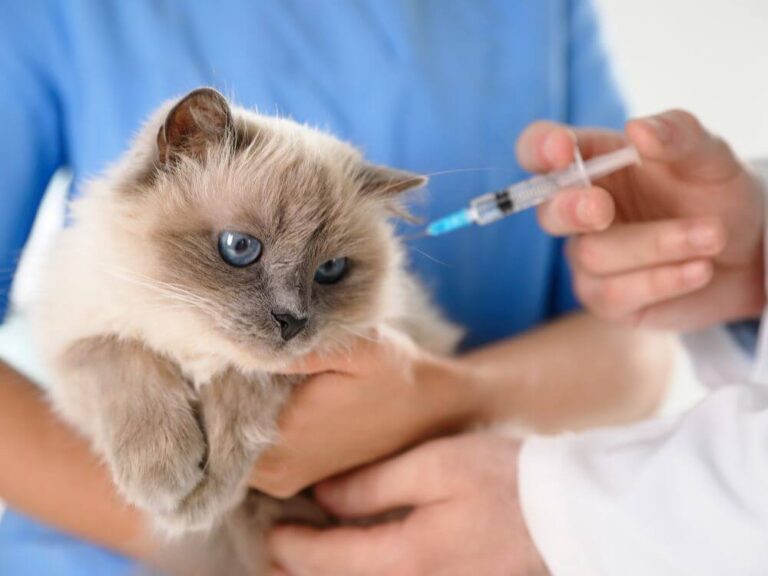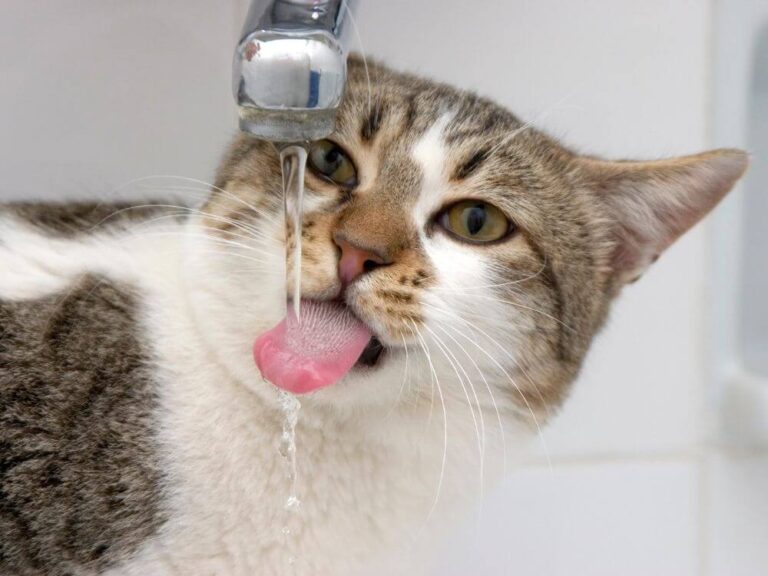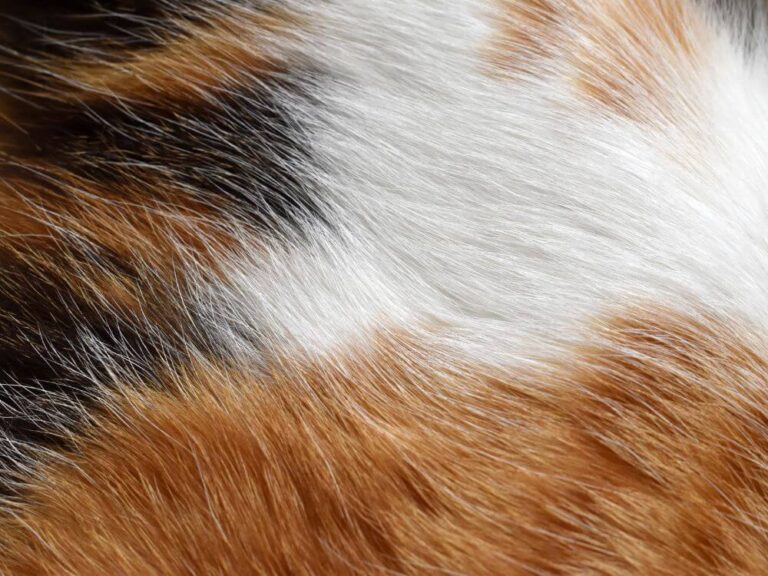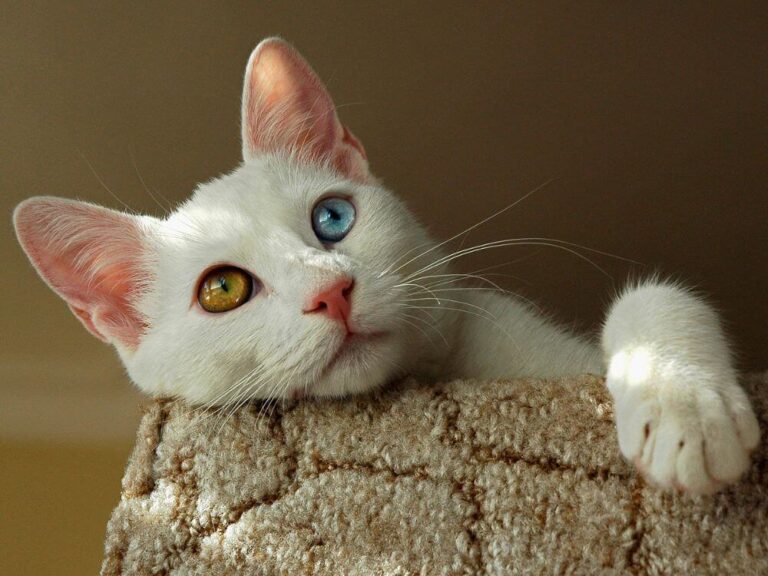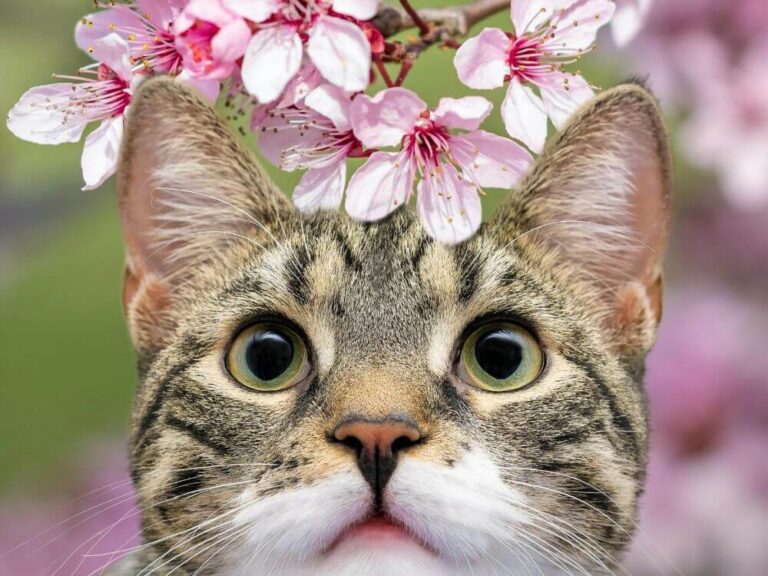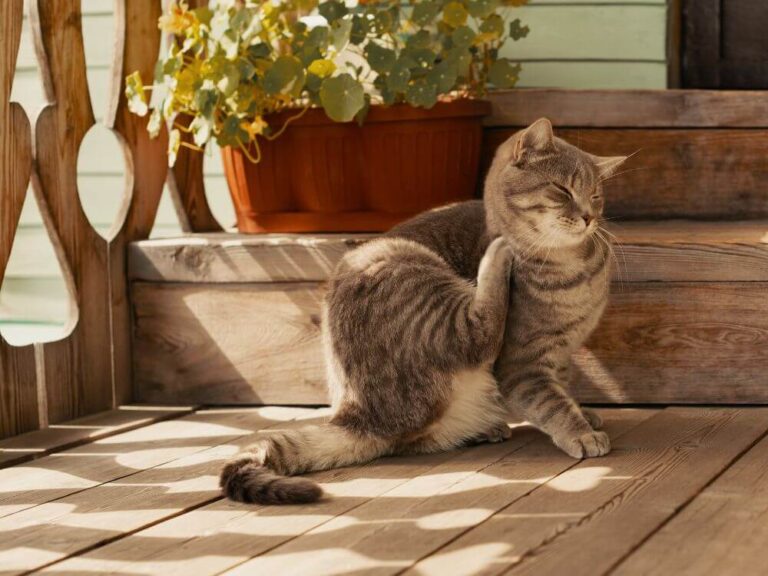The Best Diet for Cats with Kidney Disease
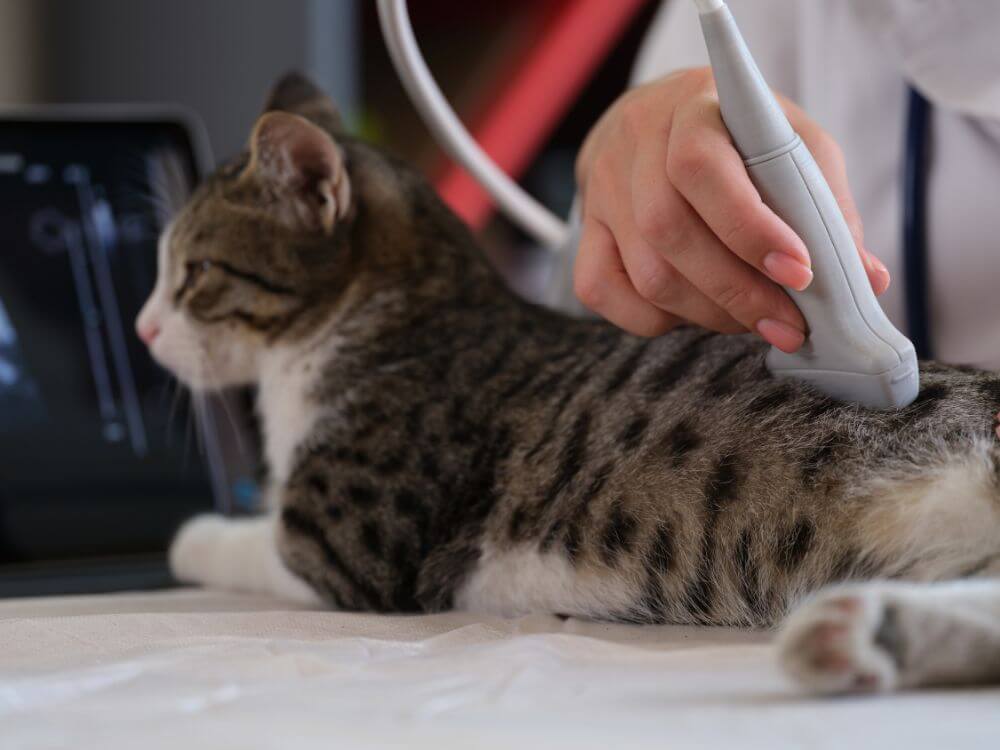
Kidney disease in cats, a common and serious condition, requires careful dietary management. The right diet can slow the disease’s progression and improve a cat’s quality of life. Understanding the specific needs of cats with kidney disease helps pet owners make informed decisions about their feline friend’s diet.
Understanding Kidney Disease in Cats
Chronic kidney disease (CKD) affects many cats, particularly as they age. The kidneys, vital for filtering toxins and waste from the blood, start to lose function as the disease progresses. Symptoms of CKD include increased thirst, frequent urination, weight loss, and decreased appetite. Early diagnosis and intervention can significantly improve a cat’s prognosis.
The Role of Diet in Managing Kidney Disease
Diet plays a crucial role in managing kidney disease in cats. Proper nutrition can reduce the burden on the kidneys and help maintain overall health. Cats with renal conditions require a diet that controls phosphorus, sodium, and protein levels while ensuring they receive essential nutrients.
Phosphorus Control
Phosphorus management is critical in diets for cats with kidney disease. High phosphorus levels can accelerate kidney damage, so reducing phosphorus intake helps protect the kidneys. Low-phosphorus foods, including specially formulated kidney diets, help manage this aspect effectively.
Protein Management
While cats are obligate carnivores and need protein, too much protein can strain the kidneys. However, it’s essential not to reduce protein too drastically, as it’s vital for muscle maintenance and overall health. High-quality, easily digestible proteins are best for cats with kidney disease. These proteins provide necessary amino acids without overburdening the kidneys.
Sodium Regulation
Reducing sodium intake helps manage blood pressure, which is often elevated in cats with kidney disease. Low-sodium diets prevent further kidney damage and contribute to better overall cardiovascular health. Most kidney-specific cat foods are formulated with reduced sodium levels.
Essential Nutrients for Cats with Kidney Disease
In addition to controlling phosphorus, protein, and sodium, it’s vital to ensure that cats with renal conditions receive other essential nutrients.
Omega-3 Fatty Acids
Omega-3 fatty acids, found in fish oil, have anti-inflammatory properties that can benefit cats with kidney disease. These fatty acids help reduce inflammation in the kidneys, potentially slowing the disease’s progression. Supplements or kidney diets rich in omega-3s can be a valuable addition to your cat’s nutrition plan.
Potassium and Vitamin B
Felines with kidney ailments often experience low potassium levels, which can lead to muscle weakness and other health issues. Potassium supplementation, under a vet’s guidance, helps maintain normal levels. Vitamin B complex is also important, as kidney disease can cause deficiencies. Vitamin B supplements or foods fortified with this vitamin are beneficial.
Hydration
Staying hydrated is essential for cats with kidney disease. Encourage your cat to drink plenty of water, as this helps the kidneys flush out toxins. Wet food, which has higher water content than dry food, can also aid in maintaining hydration. Some cats might benefit from subcutaneous fluids, administered by a vet, to maintain adequate hydration.
Types of Food for Cats Suffering from Kidney Problems
Prescription Diets
Veterinary-prescribed diets for cats with kidney disease are specially formulated to meet the nutritional needs of cats with CKD. These diets are lower in phosphorus, sodium, and protein while providing essential nutrients. Brands like Hill’s Prescription Diet, Royal Canin, and Purina offer kidney-specific cat foods that have been clinically proven to support kidney function.
Homemade Diets
For those who prefer to prepare their cat’s food, homemade diets can be an option. However, creating a balanced diet for a cat with kidney disease requires careful planning and guidance from a veterinary nutritionist. The diet should include the right balance of low-phosphorus proteins, essential vitamins, and minerals. It’s crucial to avoid ingredients high in phosphorus or sodium.
Supplementation
In some cases, supplements can enhance a cat’s diet. Omega-3 supplements, potassium gluconate, and vitamin B complex are common additions for kidney-impaired cats. However, supplementation should always be done under a vet’s supervision to avoid imbalances or adverse effects.
Tips for Feeding Cats with Kidney Disease
Frequent, Small Meals
Cats with kidney disease may have a reduced appetite, so offering frequent, small meals can encourage them to eat. This approach also helps reduce the burden on the kidneys by providing nutrients gradually throughout the day.
Monitor Weight and Appetite
Regularly monitor your cat’s weight and appetite. Weight loss can indicate that the disease is progressing, or that the diet needs adjustment. Appetite stimulants or appetite-enhancing foods may help maintain a healthy weight.
Consult Your Veterinarian
Always work closely with your veterinarian to tailor the diet to your cat’s specific needs. Regular blood tests and check-ups will help ensure that the diet continues to meet your cat’s nutritional requirements as the disease progresses.
Conclusion
Managing kidney disease in cats involves a combination of proper diet, regular veterinary care, and close monitoring of their health. By providing a diet that supports kidney function and overall health, you can significantly improve your cat’s quality of life. For more tips and advice on feline health, check out our Health and Care category for related articles.
A well-balanced diet tailored to the needs of felines with kidney ailments is essential. With the right care and attention, your cat can continue to live a comfortable and happy life.

